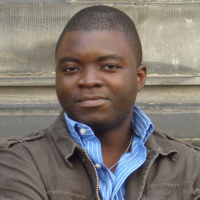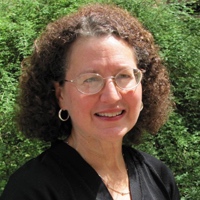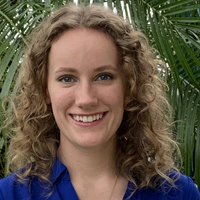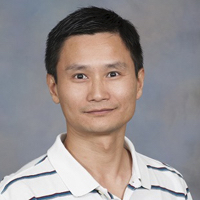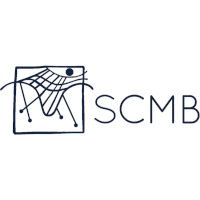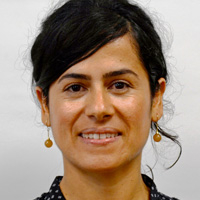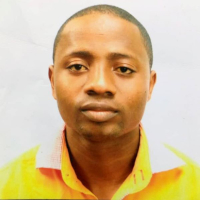Orou Gaoue (University of Tennessee, Knoxville, Ecology & Evolutionary Biology)
Zoom To obtain the Zoom link, please contact Youngmin Park at park.y@ufl.edu.The ecological consequences of overharvesting forest resources in the tropics Conservation biology, as a mission-oriented and crisis driven discipline, has long been concerned by the causes and socio-ecological consequences of resource overexploitation. Harvesting wild plants for non-timber forest products (NTFP) serves as a valuable source of food and medicine for local communities, and potentially contributes …
